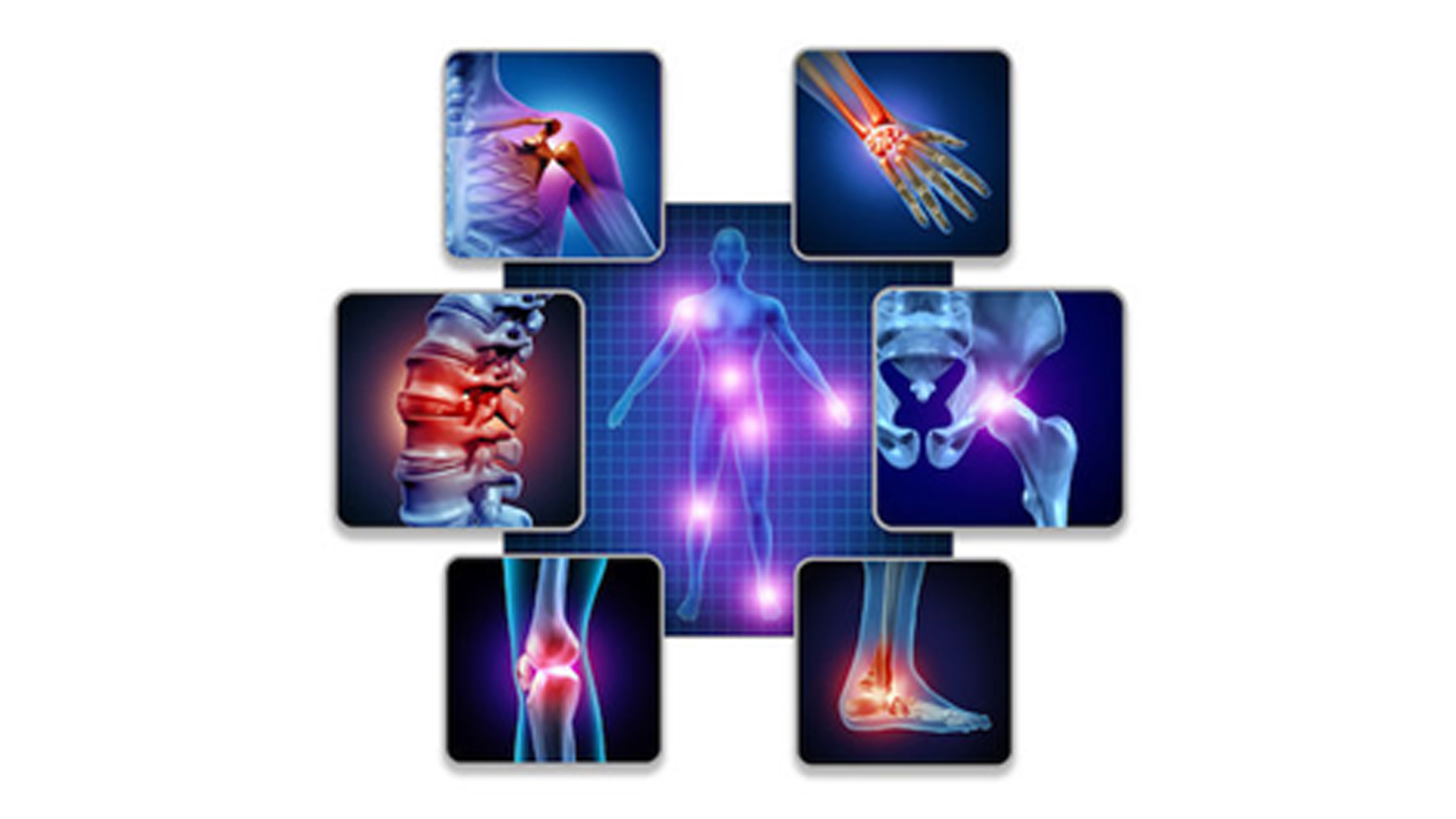What are musculoskeletal injuries and why is physiotherapy important?

What are musculoskeletal injuries?
The WHO estimates that approximately 1.71 billion people suffer from musculoskeletal (MSK) injuries worldwide. These injuries range from those that arise suddenly and are short-lived to lifelong conditions associated with ongoing functioning limitations and disability. MSK conditions comprise more than 150 injuries affecting the bodies of young, adults and elderly people. These injuries are typically characterized by pain, limitations in mobility, dexterity and overall level of functioning, reducing people’s ability to socialise, work and enjoy life. MSK injuries include problems affecting:
- Joints (e.g. osteoarthritis, dislocation, instability, hypermobility and stiffness)
- Bones (e.g. osteoporosis, osteopenia, fracture and bone stress response)
- Muscles and Tendons (e.g. contracture, spasm, tear, rupture, inflammation and tendinopathy)
- Ligaments (e.g. laxity, sprain, tear and rupture)
- Spine (e.g. acute and chronic neck, upper back and lower back pain)
- Peripheral nerves (e.g. carpal tunnel syndrome, radiculopathy and radicular pain, sciatic nerve injury and entrapment neuropathy)
- Multiple body areas or systems (e.g. rheumatoid arthritis, psoriatic arthritis, ankylosing spondylitis, ehlers-danlos syndrome, fibromyalgia and complex regional pain syndrome).
Why is physiotherapy important?
MSK injuries are the highest contributors to the global need for rehabilitation services. Physiotherapy is at the forefront of rehabilitation services as it is an evidence-based practise and takes a ‘whole person – holistic’ approach to injuries, aiming to promote health and wellbeing in every individual suffering from pain. Physiotherapists help people affected by MSK injury, illness or disability through a series of interventions, such as movement and exercise, manual therapy, acupuncture, education and advice. Physiotherapists maintain and optimize health and fitness for people of all ages, helping patients to manage pain, prevent disease and achieve the highest level of quality of life. Physiotherapists are degree-based health-care professionals who deliver much more than a simple massage. Some physiotherapists have gone through extensive post-graduate training and are able to, among other things, independently prescribe medications and perform soft tissue and joint injections. Many others are involved in education, research and service management.
